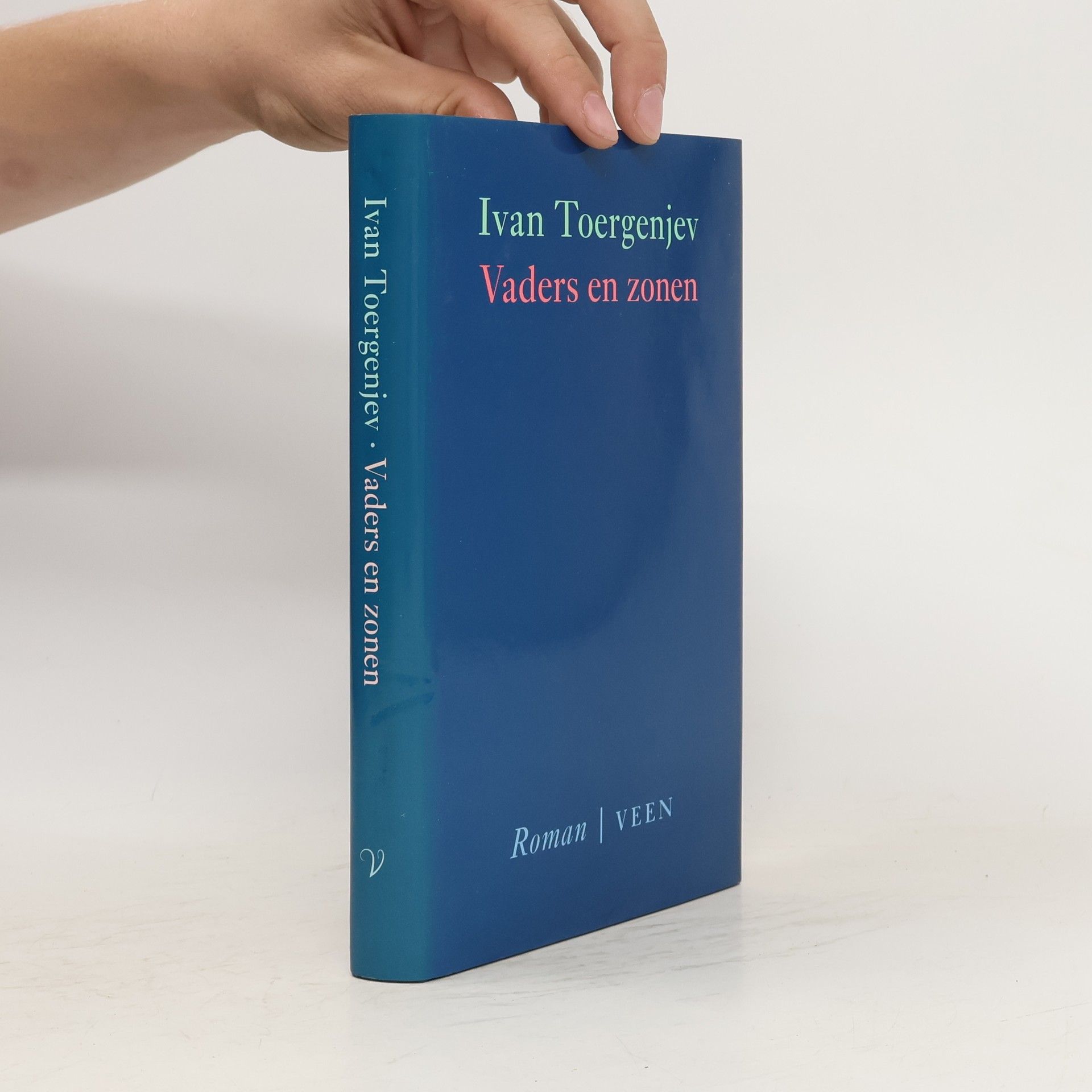Vaders en zonen
- 250bladzijden
- 9 uur lezen
Tekening van het generatieconflict in Rusland in de 19e eeuw tussen "nihilistische" (materialistische) jongeren en hun ouders.
Richard Freeborn, Emeritus Professor of Russian Literature aan de University of London, heeft uitgebreid over het onderwerp gepubliceerd. Zijn opmerkelijke werken duiken in de complexiteit van de Russische literaire geschiedenis en de evolutie van de Russische roman.




Tekening van het generatieconflict in Rusland in de 19e eeuw tussen "nihilistische" (materialistische) jongeren en hun ouders.
Set in a realm reminiscent of classic science fiction, this collection invites readers on a journey through bizarre and unforeseen locations and eras. Each tale unfolds unique narratives that challenge perceptions and ignite the imagination, offering a blend of adventure and intrigue.
Set against the backdrop of the Babylonian invasion, the story follows Jacob's desperate struggle to protect Jerusalem. After sustaining injuries and facing exile, he must navigate life in Babylon, a city filled with his former foes. The narrative explores themes of resilience and adaptation as Jacob attempts to forge a new identity amidst the ruins of his past.
Set during the holiday season, this story blends classic science fiction elements with festive themes. It transports readers to unusual yet familiar settings, inviting them to explore a world filled with intrigue and wonder. The narrative promises a unique experience that captures the essence of both Christmas and the imaginative possibilities of science fiction.